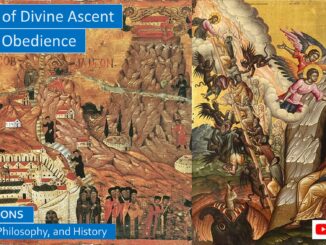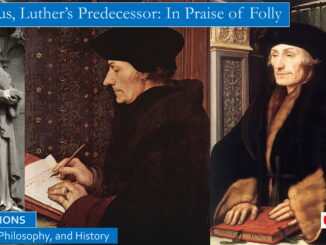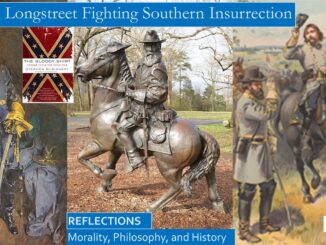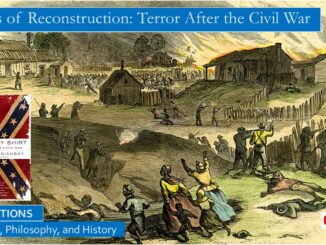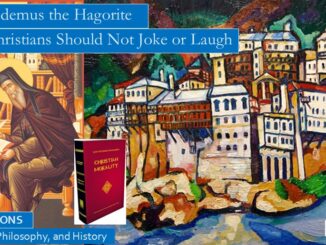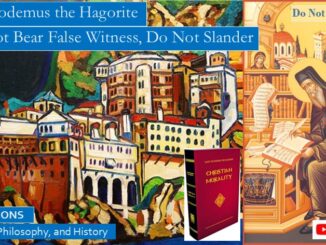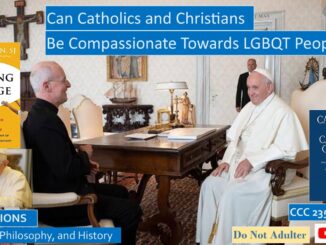
The Church, the Catholic Catechism, and the LGBT Community
How should this two-fold Love of God and love of neighbor affect how we enforce moral laws in our faith and civil communities? When should these be enforced?
Simply put, in the Judeo-Christian tradition, they should be enforced so they increase in our hearts the two-fold Love of God and neighbor. This certainly means we should discourage sexual abuse and punish serious sexual abuse that is proven. Certainly, it means we should seek to be compassionate rather than cruel, because compassion is loving, while cruelty is hateful. […]

